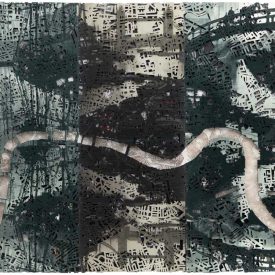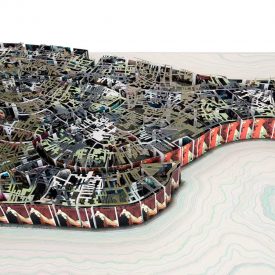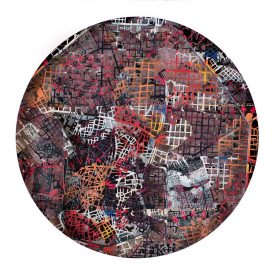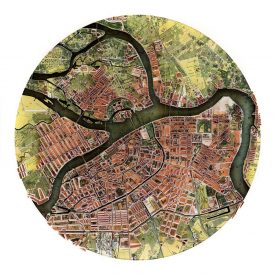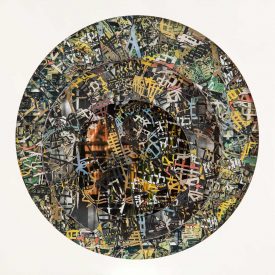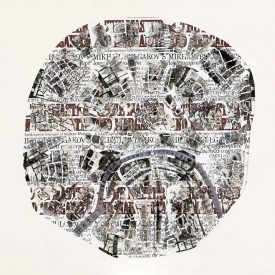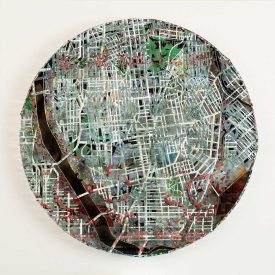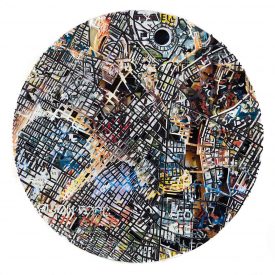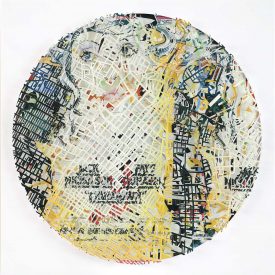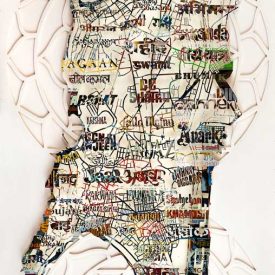The Berlin Alexanderplatz
The Francis Doblin novel “The Berlin Alexanderplatz is set in the Berlin of 1928. A time when permissiveness and economic crisis led to a precarious situation full of economic and ideological tension. “1920’s Berlin is seen as a post war and pre war period. Doblin’s novel processes the traumas of the first world war and presupposes them at the same time, while almost prophetically picking up on and expressing the signs of new impending disasters” Klaus Bissenbach. Doblin worked as a neurologist near the Alexanderplatz and was to gain a direct insight into the fears, anxieties and tensions of his patients. The novel illuminates the social conditions that in hindsight make the rise of Nazism seem almost inevitable. Throughout the novel there are innumerable instances of cruelty and disregard for life, human life appears to be fragmenting under the stresses placed upon it.
The novel chronicles the downfall and destruction of Franz Biberkof. A man trying to live an honorable life in a city of increasing mass unemployment and desperation. One where the moral climate was often severely compromised with human relationships often involving some element of prostitution. Franz Biberkopf struggles with the permissive freedom of the Berlin of the 1920s, as he moves from one woman to another and gradually falls, ultimately everything is taken away from him by the sadistic figure of his friend Rheinhold. In a terrifying scene from the film of the novel by Rainer Fassbinder, Rheinhold eventually seduces and murders his girlfriend Mieze. The murder takes place in a dark forest with clear associations to the Siegfried legends and Grimms fairytales; a German forest. Later, upon finding out of this death, Biberkopf reaches into the cage in which his beloved canary sits, the one that Mieze has given him and crushes the bird to death, symbolically killing Mieze, his love and himself. In the film of the novel by Rainer Fassbinder The cage repeatedly occurs throughout the film. From the very start we see Biberkopf having just been let out from Prison grappling with inability to cope with the new found freedom. The claustrophobic density of the film feels like a continuous prison, a life that is forever closing in on itself.
Franz Biberkopf is plagued with a stream of dark thoughts from the subconscious that reads like a biblical sub narrative that winds and asserts itself throughout the narrative. The Biblical story of Job, who loses everything are interwoven along with other iconographic elements of Old Testament Christianity. The plaguing forces of a human intelligence dragged down by thoughts of betrayal, guilt and annihilation.
